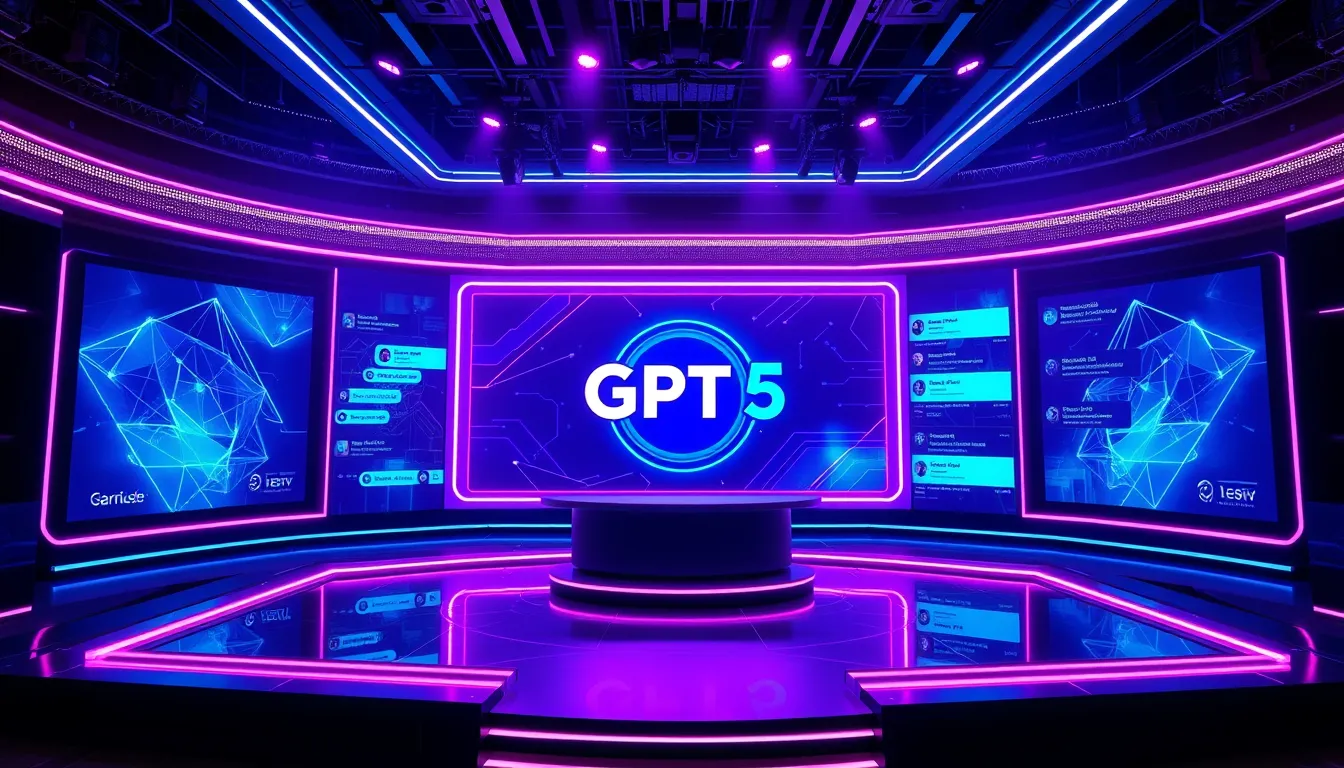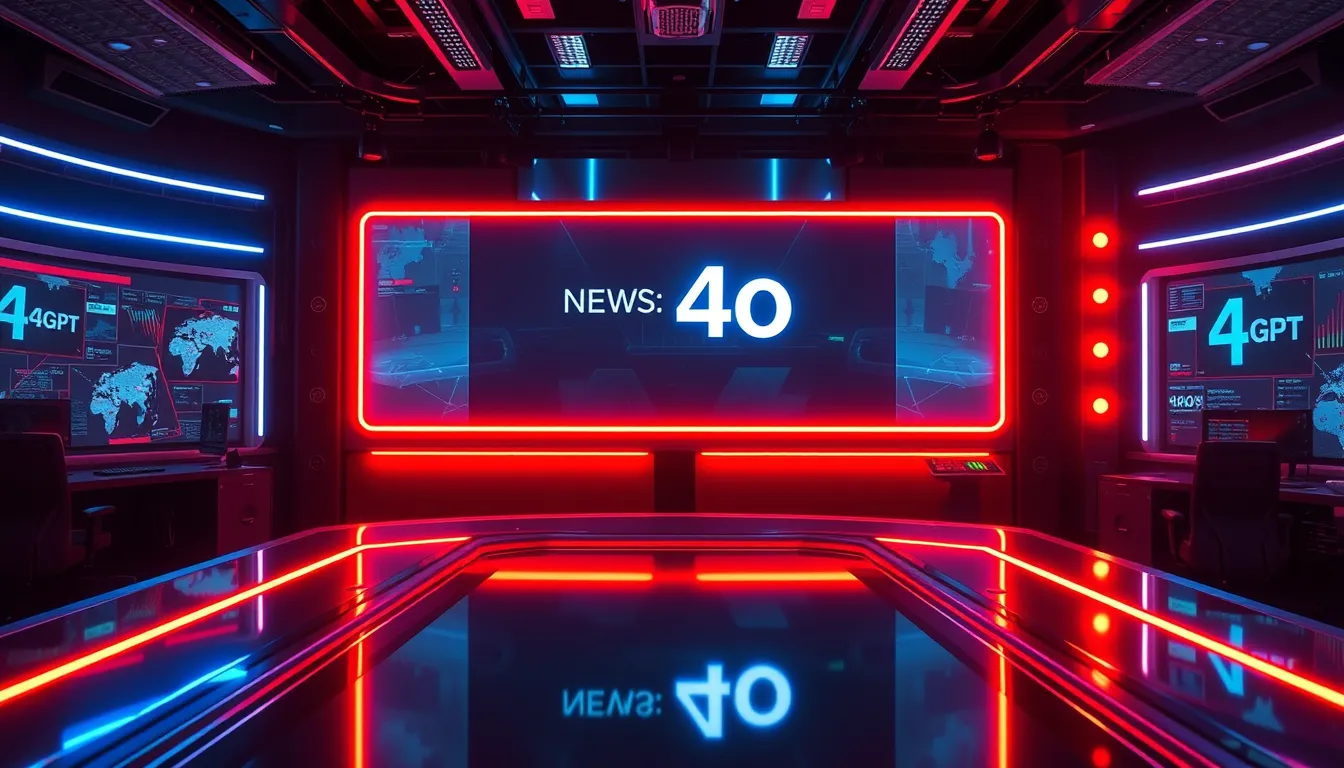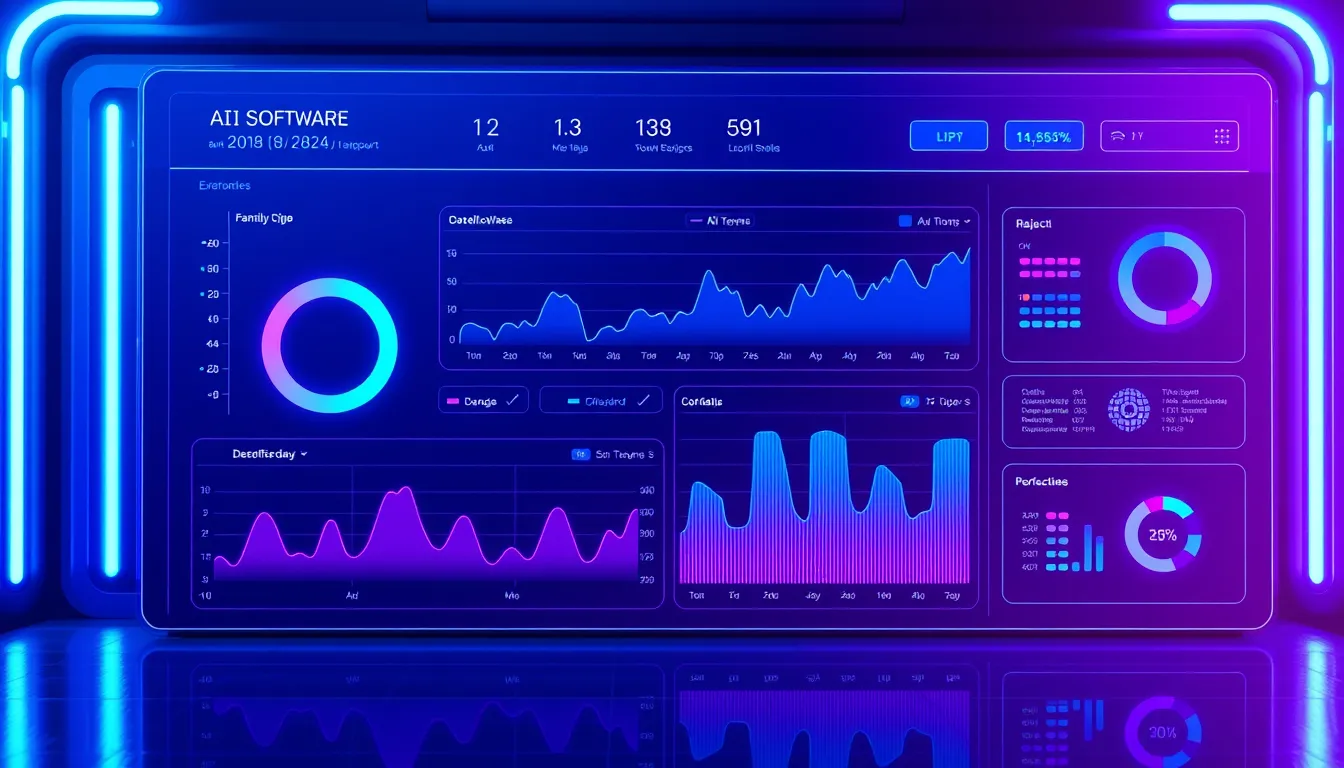Now Reading: Powerful AI in Healthcare Diagnostics: Boosting Patient Care
-
01
Powerful AI in Healthcare Diagnostics: Boosting Patient Care
Powerful AI in Healthcare Diagnostics: Boosting Patient Care

Powerful AI in Healthcare Diagnostics: Boosting Patient Care
Introduction
The rapid advancement of technology has significantly impacted the medical field, especially in the realm of diagnostics. In recent years, AI in healthcare diagnostics has emerged as a transformative force, offering enhanced accuracy, faster results, and overall improved patient care. This article explores how AI in healthcare diagnostics works, the benefits it brings, and the challenges that lie ahead.
Understanding AI in Healthcare Diagnostics
AI in healthcare diagnostics integrates artificial intelligence with medical data to deliver more reliable outcomes. By leveraging machine learning algorithms, AI systems can analyze medical images, patient records, and diagnostic test results to identify patterns that may be missed by human eyes. The primary goal is to detect diseases such as cancer, cardiovascular conditions, and infectious diseases at an early stage.
How AI Improves Diagnostic Accuracy
One of the standout benefits of AI in healthcare diagnostics is its ability to enhance diagnostic precision. Key points include:
- Enhanced Medical Imaging: AI algorithms improve image quality and streamline the process of analyzing X-rays, MRIs, and CT scans, often resulting in a quicker diagnosis with fewer errors.
- Early Disease Detection: By scrutinizing extensive datasets, AI enables early detection of potential health issues. Early intervention can significantly boost recovery rates.
- Predictive Analytics: AI systems use historical data to forecast the progression of diseases, assisting in timely treatment and enabling personalized treatment plans for patients.
Real-World Applications
The impact of AI in healthcare diagnostics is already visible in several real-world scenarios. Hospitals are utilizing AI-powered tools to reduce the workload of radiologists while increasing overall diagnostic efficacy. This allows healthcare professionals to focus more on treatment rather than spending excessive time on data analysis.
Integrating AI with Medical Workflows
While the integration of AI in healthcare diagnostics presents challenges, its benefits are significant even in early implementations. Key aspects include:
- Data Security and Privacy: Ensuring that patient data is stored and processed securely is paramount, with stringent regulatory guidelines to protect sensitive information.
- Interoperability: AI systems must seamlessly integrate with existing hospital information systems, necessitating the development of standardized protocols for smooth data exchange.
- Training and Acceptance: Healthcare professionals need proper training to use AI diagnostic tools, bridging the trust gap between traditional diagnostics and new AI methods.
Successful Examples and Partnerships
Several institutions have already reaped the benefits of AI in healthcare diagnostics. For example, research collaborations between leading tech companies like OpenAI and renowned hospitals have paved the way for innovative solutions in disease prediction and medical imaging. Additionally, tech giants such as Google have contributed significantly to developing sophisticated AI algorithms that empower medical imaging and diagnostic analysis.
Challenges and Future Directions
Despite the numerous advantages, fully integrating AI in healthcare diagnostics comes with its hurdles. Challenges include:
- Data Bias: AI systems depend on the quality of training data, and biased or incomplete datasets can lead to inaccurate diagnostics.
- Regulatory Hurdles: The heavily regulated healthcare industry requires robust validation and compliance when incorporating AI into clinical practices.
- High Implementation Costs: While initial setup costs for AI infrastructure can be high, long-term benefits include reduced healthcare costs and improved patient outcomes.
Conclusion
AI in healthcare diagnostics represents a paradigm shift in modern medicine. With its potential to revolutionize medical imaging and disease prediction, AI paves the way for a future where patient care is more personalized and effective. As more institutions adopt these advanced diagnostic tools, the speed and accuracy of medical diagnostics are expected to improve further.
The journey towards integrating AI into everyday healthcare practices is one of constant innovation and learning. By embracing the power of AI, healthcare providers can not only enhance diagnostic precision but also significantly improve overall patient outcomes.
As this technology continues to evolve, future advancements are likely to overcome current challenges, making AI an indispensable tool in healthcare diagnostics. For further reading on technological advancements in healthcare, visit OpenAI or keep updated with news from Google.
In summary, AI in healthcare diagnostics is not just a trend but a transformative force that is reshaping the future of medical care. With its potential to offer early detection and accurate diagnosis, AI has become a cornerstone in advancing modern medicine and improving patient care outcomes.

























